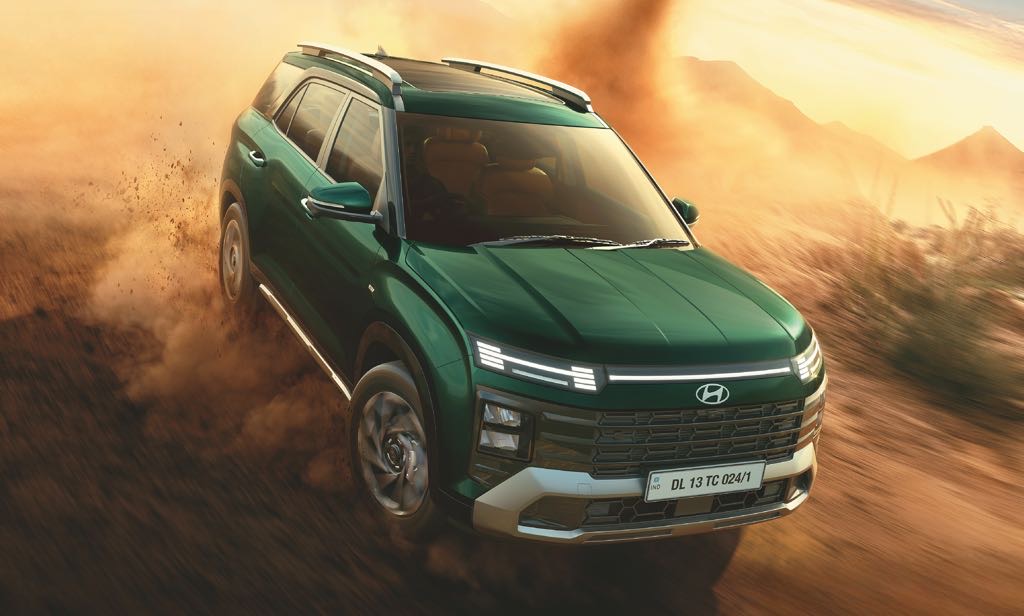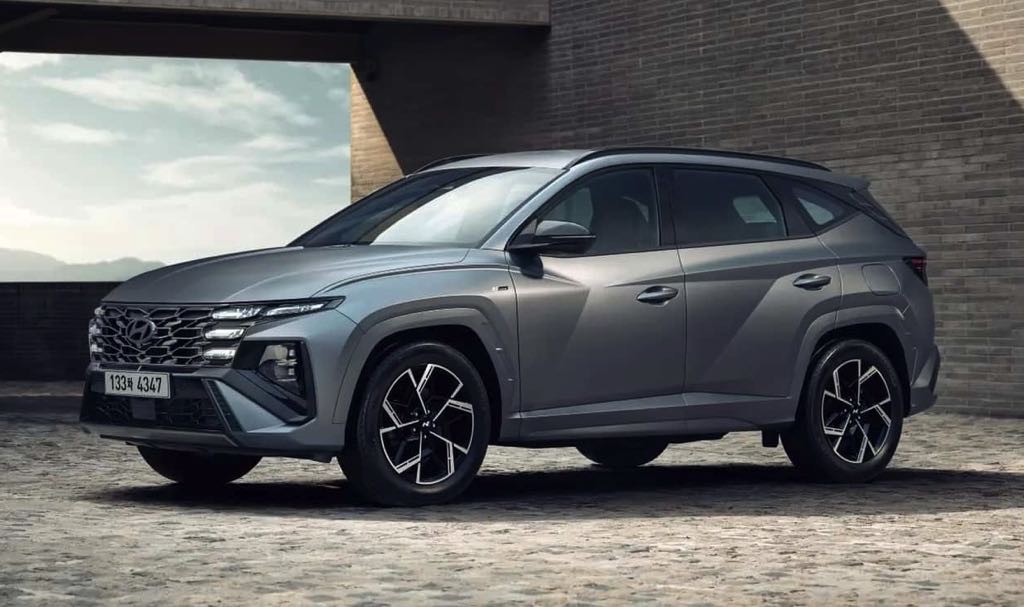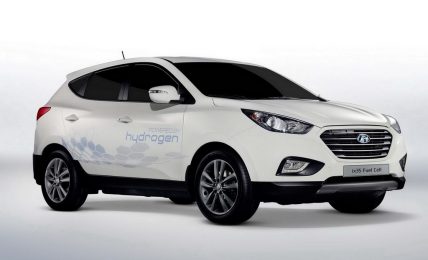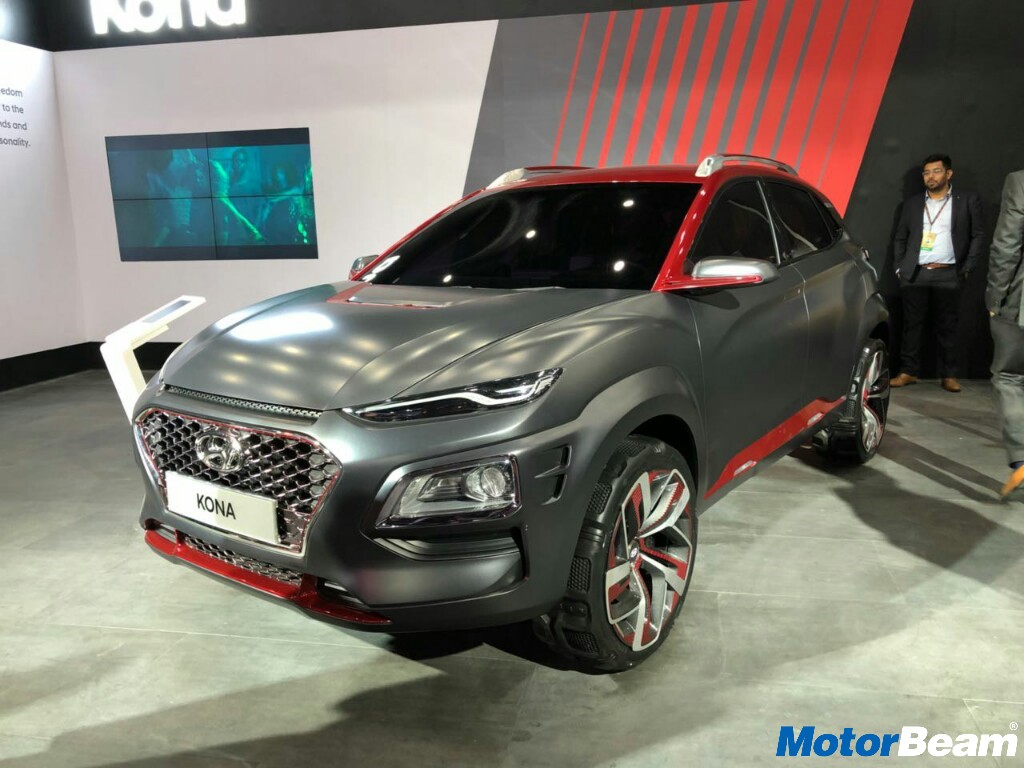
Hyundai’s upcoming SUV is codenamed Ni1i, to get 1.5-litre petrol-hybrid engine
Hyundai Motor India is preparing to launch an all-new SUV that will be positioned above the Alcazar but below the Tucson in its portfolio. Codenamed “Ni1i,” the SUV is expected to hit the Indian market in the next 24 to 30 months. Production will take place at Hyundai’s recently acquired General Motors facility in Talegaon, near Pune.
Hyundai’s First Petrol-Hybrid for India
One of the major highlights of this new SUV will be its petrol-hybrid powertrain. This marks Hyundai’s first hybrid model in India, aligning with the growing demand for hybrid vehicles in the Indian market. Japanese rivals, including Maruti Suzuki and Toyota, have seen success with their hybrid offerings, prompting Hyundai to join the trend. The hybrid SUV market in India is growing steadily, with strong demand for fuel-efficient alternatives amid rising fuel prices and environmental concerns.
Competitors and Market Positioning
The Ni1i SUV will directly compete with popular three-row models like the Mahindra XUV700 and Tata Safari, both of which offer ample third-row space. While details about the powertrain are still under wraps, industry insiders suggest it could adopt a hybrid setup similar to the 1.6-litre petrol engine used in the Tucson’s international variants. This could be paired with Hyundai’s existing 1.5-litre petrol engine to keep the price competitive.
Dimension-wise, the new SUV is expected to be longer than the Tucson, which measures 4630 mm. It is likely to be based on the long-wheelbase version of the Tucson sold in China, which is 4680 mm in length. This would give the SUV a more spacious interior, especially in the third row, a key requirement for Indian buyers looking for family-oriented vehicles.
Production and Future Plans
Hyundai plans to produce around 50,000 units of this C-segment SUV annually, though the exact share of hybrid variants remains unclear. As the automaker expands its powertrain offerings, Hyundai could offer a diverse lineup that includes petrol, diesel, CNG, ethanol, electric and hybrid models by the end of the decade.
Industry Trends in Hybrid Vehicles
Hyundai’s hybrid plans align with the broader industry shift towards more fuel-efficient vehicles. In FY-24, hybrid vehicle sales in India reached 89,000 units, accounting for 2.1 percent of the total passenger vehicle market. This figure is close to electric vehicle sales, which stood at around 99,000 units.
Japanese automakers like Suzuki and Toyota have led the hybrid push in India, while homegrown companies such as Tata Motors and Mahindra have focused on electric vehicles. However, Mahindra has indicated that if demand for hybrids continues to rise, it may reconsider its strategy. Kia, Hyundai’s sister brand, is also expected to introduce a strong hybrid model in India soon.
Other players like MG Motor, BYD India and JSW are exploring plug-in hybrid options. Maruti Suzuki, for instance, has ambitious plans to sell 7.5 lakh hybrid vehicles by FY31, making up about a quarter of its total sales. In contrast, Maruti expects electric vehicles to account for around 15 percent of its sales.
With Hyundai’s upcoming Ni1i SUV, the automaker is not only expanding its SUV lineup but also making its foray into the hybrid market in India. As hybrid and electric vehicles continue to gain traction, this new model will play a crucial role in Hyundai’s strategy to stay competitive in the fast-evolving automotive landscape. The Ni1i will not only challenge existing players like Mahindra XUV700 and Tata Safari but will also offer consumers more options in the growing hybrid SUV segment.






